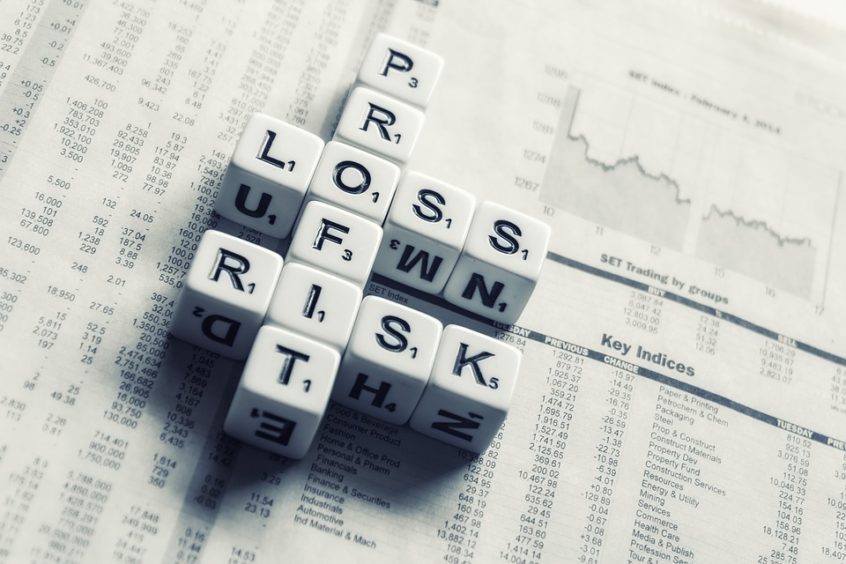One of our favorite investing books here at The Acquirer’s Multiple is The Alchemy of Finance by George Soros. There’s one passage in particular which encapsulates Soros’ successful approach to investing and what makes him different to most other investors. Soros writes:
In the first ten years of my business career I had not much use for anything I had learned in college and there was an almost total separation between my practical activities and my theoretical interests. Selling and trading in securities was a game I played without putting my true self on the line.
All this changed when I became a fund manager. I was putting my money where my mouth was and I could not afford to dissociate myself from my investment decisions. I had to use all my intellectual resources and I discovered, to my great surprise and gratification, that my abstract ideas came in very handy. It would be an exaggeration to say that they accounted for my success; but there can be no doubt that they gave me an edge.
I developed my own peculiar approach to investing, which was at loggerheads with the prevailing wisdom. The generally accepted view is that markets are always right—that is, market prices tend to discount future developments accurately even when it is unclear what those developments are. I start with the opposite point of view. I believe that market prices are always wrong in the sense that they present a biased view of the future.
But distortion works in both directions: not only do market participants operate with a bias, but their bias can also influence the course of events. This may create the impression that markets anticipate future developments accurately, but in fact it is not present expectations that correspond to future events but future events that are shaped by present expectations.
The participants perceptions are inherently flawed, and there is a two-way connection between flawed perceptions and the actual course of events, which results in a lack of correspondence between the two. I call this two-way connection “reflexivity.”
In the course of my investment activities, I discovered that financial markets operate on a principle that is somehow akin to scientific method. Making an investment decision is like formulating a scientific hypothesis and submitting it to a practical test.
The main difference is that the hypothesis that underlies an investment decision is intended to make money and not to establish a universally valid generalization. Both activities involve significant risk, and success brings a corresponding reward—monetary in one case and scientific in the other. Taking this view, it is possible to see financial markets as a laboratory for testing hypotheses, albeit not strictly scientific ones. The truth is, successful investing is a kind of alchemy.
Most market participants do not view markets in this light. That means that they do not know what hypotheses are being tested; it also means that most of the hypotheses that are submitted to market testing are quite banal. Usually they amount to nothing more than the assertion that a particular stock is going to outperform the market averages.
I had a certain advantage over other investors because at least I had an idea about the way financial markets operate. I would be lying, however, if I claimed that I could always formulate worthwhile hypotheses on the basis of my theoretical framework.
Sometimes there were no reflexive processes to be found; some times I failed to find them; and, what was the most painful of all, sometimes I got them wrong. One way or another, I often invested without a worthwhile hypothesis and my activities were not very different from a random walk. But I was attuned to reflexive processes in financial markets and my major successes came from exploiting the opportunities they presented.
My approach to the market was not as abstract as it sounds. It took an intensely personal, emotional form: testing was closely associated with pain and success with relief. When I asserted that “markets are always biased” I was giving expression to a deeply felt attitude: I had a very low regard for the sagacity of professional investors and the more influential their position the less I considered them capable of making the right decisions.
My partner and I took a malicious pleasure in making money by selling short stocks that were institutional favorites. But we differed in our attitudes to our own activities. He regarded only the other participants’ views as flawed, while I thought that we had as good a chance of being wrong as anyone else. The assumption of inherently flawed perceptions suited my self-critical attitude.
Operating a hedge fund utilized my training in survival to the fullest. Using leverage can produce superior results when the going is good. but it can wipe you out when events fail to conform to your expectations. One of the hardest things to judge is what level of risk is safe. There are no universally valid yardsticks: each situation needs to be judged on its own merit.
In the final analysis you must rely on your instincts for survival. Thus my engagement in running a hedge fund brought together both my abstract interests and my practical skills.
For all the latest news and podcasts, join our free newsletter here.
Don’t forget to check out our FREE Large Cap 1000 – Stock Screener, here at The Acquirer’s Multiple:



